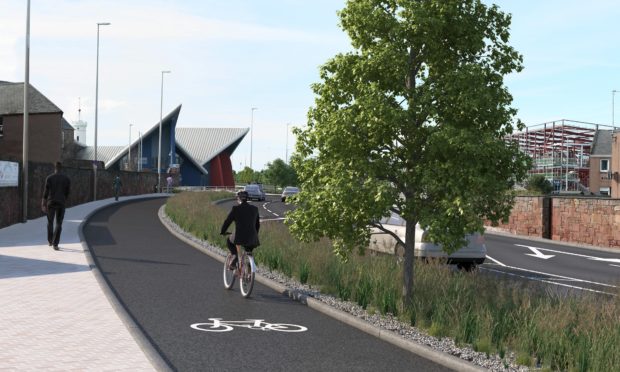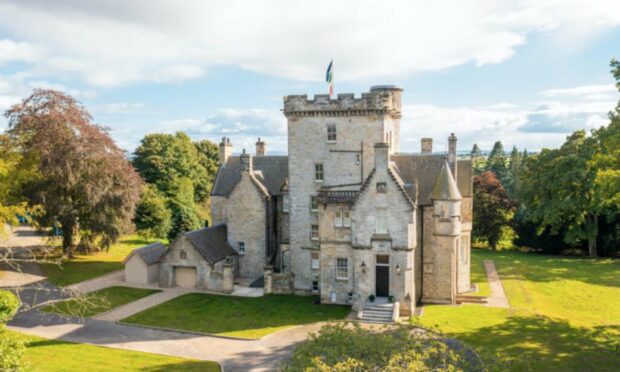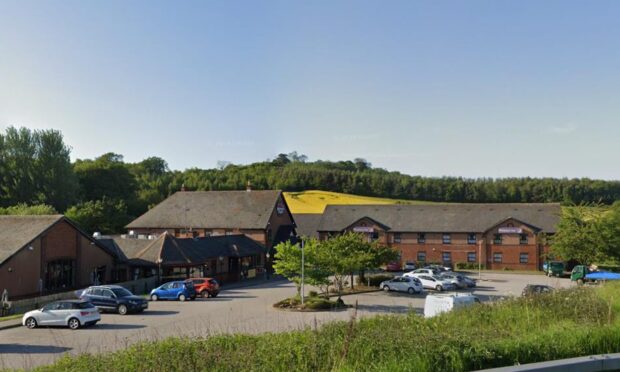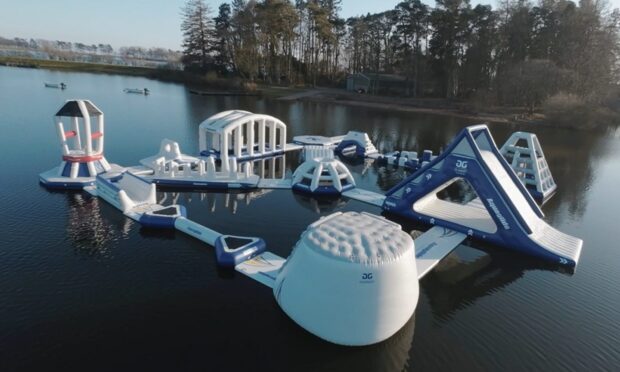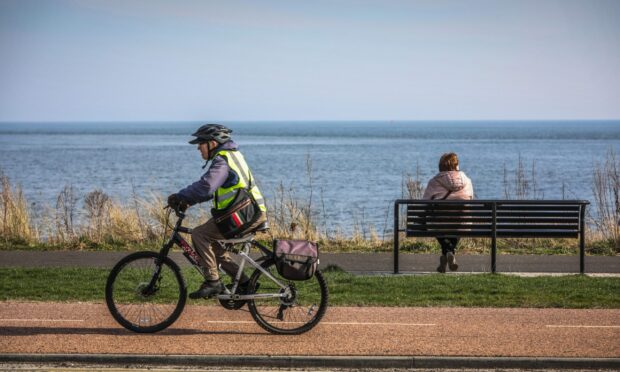A controversial plan to spend millions of pounds building cycling and walking paths in Arbroath has been given the go-ahead by councillors.
The local authority will invest at least £3m in a scheme that its proponents argue will “reunite” two sides of the town divided by the A92 – but has been attacked for its potential to create dangerous delays for emergency service workers.
Residents have also questioned the value for money in the overall £13m scheme at a time when the council is looking to cut spending.
The funding comes from the council’s capital budget, which is separate from the pot that pays for day-to-day spending.
The project also comes after the council won almost £7m in external funding for the plan from the Scottish Government and active travel groups.
Councillor Bill Duff, SNP deputy, said he was “uneasy” about the plans.
Councillor Lynne Devine, SNP group leader, added councillors had unable to fully debate the investment due to the way officials had presented it to them.
She said: “This is a lot of money for Arbroath, but in the wider scheme of things it is a lot of money for Angus. We need far more information.”
Councillor David Cheape, Independent, said: “There never seems to be an end to the money spent on Arbroath.”
He said Carnoustie continued to be the “forgotten borough” in Angus.
“There is little or nothing to benefit Carnoustie in the council plan.
“It is absolutely shocking. It goes to show that you have to be in this administration if you want to get something done for your town.”
He proposed an ultimately unsuccessful amendment to restore a waste dump facility in South Angus and to remove parking charges across the whole county.
Other key investments approved during the special meeting in Forfar’s Town and County Hall on Thursday included measures to boost economic growth, help vulnerable groups and tackle litter and fly-tipping.
Montrose won extra funding for improved road and rail links and a business park while £600,000 was set aside for apprenticeships across the county.
Two “rapid response teams” were approved to tackle fly-tipping, dog fouling and littering at a cost of £100,000.
Additional funding put a successful scheme to tackle holiday hunger on a more permanent footing and the Glen Clova project – which helps mothers and children in difficult circumstances – won £640,000 to continue its work.
